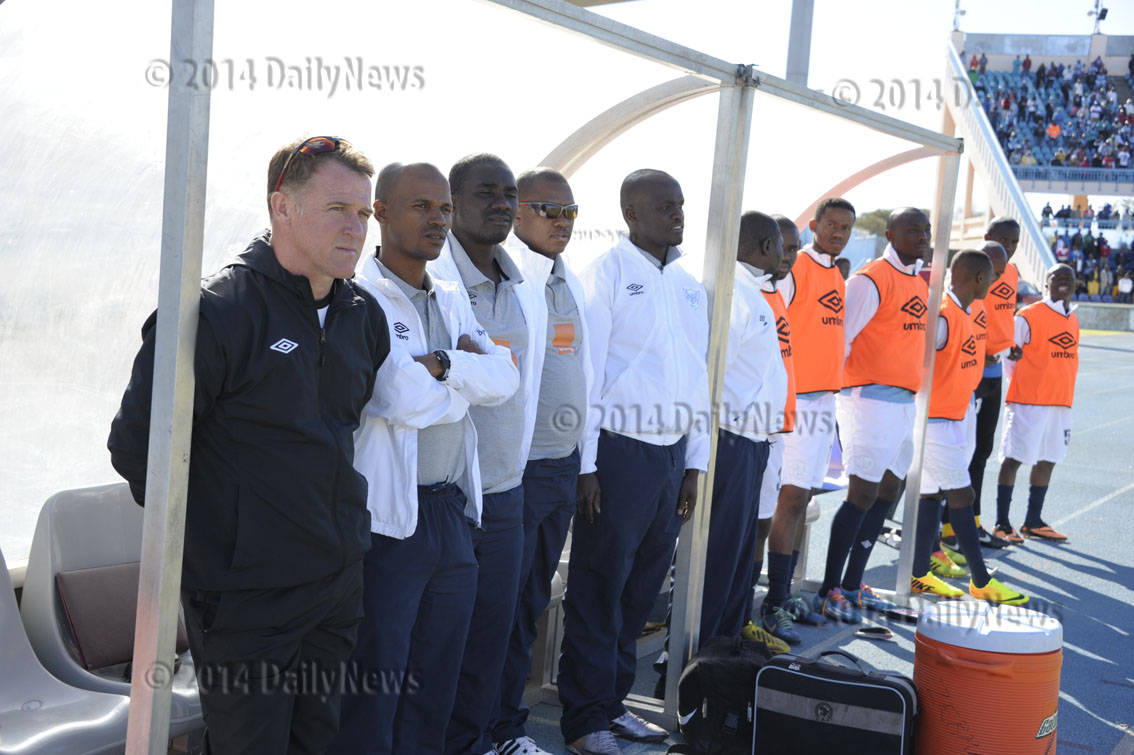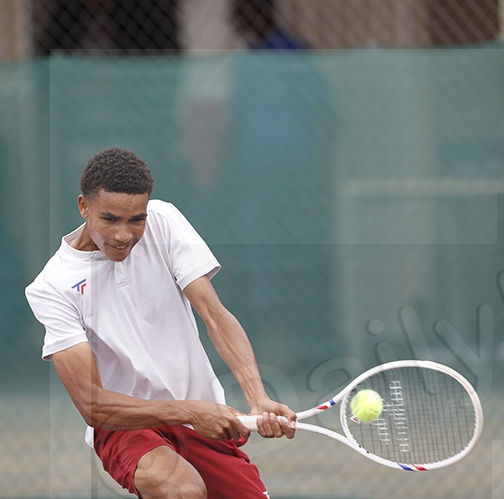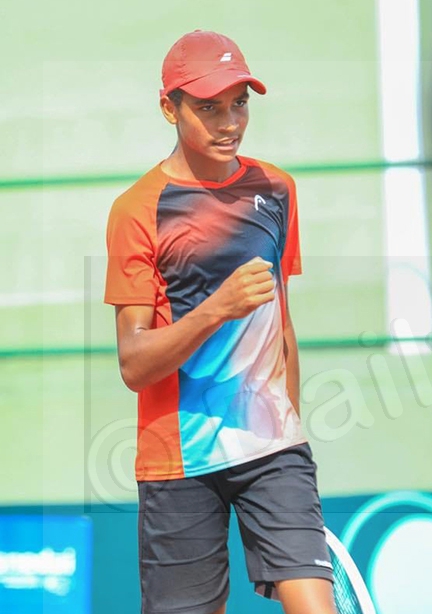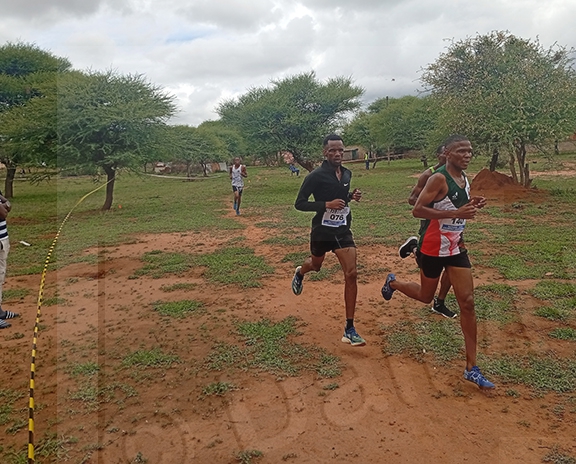Whither to Zebras
20 Nov 2014
The senior national football team, Zebras', road to AFCON 2015 was not an easy one, they are out after failing to qualify for the finals staged in Equatorial Guinea.
Their performance in the preliminary round of the qualifiers was meticulous, and given their good results, Batswana had hopes that the Zebras might once again make the appearance for the second time at the AFCON finals but, that was not to be.
In the preliminary round, the Zebras managed to pass through Guinea Bissau and Burundi; and then the moment of truth arrived when they found themselves in Group G, which comprised of Egypt, Senegal and Tunisia.
The group stage seeding saw the Zebras drawn in to “Group of death” and Peter Butler’s men had a mammoth task to overcome the powerhouses of African football.
It was in the group stages that they fared very bad, they finished at the bottom of the Group G with a point having scored only one goal. They failed to win a single game out of six group stages fixtures and also conceded 11 goals altogether. They registered their worst defeat in the group when Senegal thrashed them 3-0 in the last fixture on November 19.
Despite failing to make it to the finals, there were some positives that could be picked from the campaign, lest fans throw the baby out with the bath water.
Some youngsters and new faces blossomed during the campaign, amongst them Segolame Boy, Khumoetsile Kufigwa and Pelontle Lerole, thanks to coach Peter ‘PJ’ Butler and his technical team for taking a brave stand of including youngsters.
FIFA development officer, Ashford ‘Dumba’ Mamelodi said the team must be commended for the job well done and all stakeholders must recognise that they gave it their all.
He said in his view, not until the country designed and consistently implemented a development plan for football; it would not see significant rewards at not only the senior national team but the women national team and all other age-based national teams.
Mamelodi said he was of the view that like many countries on the continent, Botswana wanted to ‘harvest where it has not sown.’ This, he said could not be guaranteed with anything less than a structured football development plan starting from the grassroots level and for both boys and girls.
According to Mamelodi, successful football countries paid a great deal of attention to invest in the youth including grassroots football, and such a programme would not be new to Botswana.
He said Ghanaian born Ben Koufie, a former technical director of the BFA with the football leadership at the time, implemented a development programme much less resourced, but with an undisputed measure of success, ”sadly there was no real and sustained follow through when he left in 2000 to date,” he said.
Furthermore, Mamelodi said critical elements that must be included in such a plan were grassroots football for both boys and girls, youth football, coaching structure that included grassroots, youth and senior coaches’ development.
“How often have we seen junior national teams, under 17 and under 20 participate in international competitions without a consistent and corresponding leagues at home? This does not make sense and is a major contribution to our usual lack of success at these meetings and as a consequence competitions where Zebras partake”, he said.
He said if grassroots programmes were not established and implemented, then people must be content with less than satisfactory performances and occasionally ‘nearer misses’ when it came to major continental and international competitions.
Mamelodi admitted that there was a lot of alent in Botswana, adding for a very long time all the football administrators had been preaching about development, and “do you think as a country we are let down by failure to develop.”
He said he is worried because there is too much ‘paying lip service’ and not much action, and those responsible are simply not ‘walking the talk, therefore the country will continue to get what we get poor results if football development is not taken seriously.
Meanwhile, in June this year, the World Football governing body FIFA announced that each member association will receive a World Cup bonus of US$750 000 (P6 644 025), with US$ 250 000 (P2 214 675) paid out in June 2014 and US$ 500 000 (P4 429 350) paid in January.
One would just hope that the money will be channeled to development of football. ENDS
Source : BOPA
Author : Anastacia Sibanda
Location : GABORONE
Event : Football analysis
Date : 20 Nov 2014







